
November 7, 2023


Amber and Veronica are both graduates and former Masters students at ISEP, the university where Iguality’s co-coordinator Alex is a professor. They share an interest in holistic wellness, embodying the mind and body and approaching therapy from this perspective. Amber, with previous yoga teaching experience, felt called to psychology and this interest was further solidified during her studies. Veronica, originally from Mexico, made the transition from medicine to psychology and moved to Barcelona to complete an additional Masters and enhance her future career opportunities. Andreu, an MSc Psychology graduate from the University of Barcelona (UB), was approached by Vincent through LinkedIn for volunteering opportunities and responded promptly with “sounds awesome”, ready to get started.
Andreu, actively working on a case at the time of his interview, points out his view on the essential issue of the practice of psychology in Spain in the private and public sectors. Due to the exhaustive process of entering the public sector as a new psychologist, he explained, there was a shortage of affordable professionals and long waiting times for patients.
"Some people might not get a psychologist or ‘proper’ therapy due to the long wait times in the public sector, so doing this allows me to help someone that would not have this opportunity at all… this is satisfying.”
This view and concern is shared by both Veronica and Amber, who also point to the rising cost of therapy in today’s society and identify important areas of access:
“Those who didn’t know about it; those that did and had access but did not use it much, and those who needed it but couldn’t access it.”

Following the various limitations that all three pointed out, the target population of Iguality’s mission, vulnerable groups at risk of social exclusion, would be categorized in a group of people that need psychosocial care the most, but cannot access it. Being part of a program that provides this access is the main value and motivation of Veronica’s, Amber’s and Andreu’s volunteering. The shared and deep sense of satisfaction in being able to do so was evident in their responses.
At Iguality, a psychosocial support case typically consists of 15 sessions over a period of time, during which the coordination team provides monthly supervision for all therapists together. Supervision provides them with guidance, space to express themselves and the opportunity to share perspectives with colleagues. This is a structured support process carried out by professionals working in mental health (1,2). During the interviews, each of the therapists expressed their gratitude for the effective use of the supervision they received alongside their work.
“Only doing it your way might not be the right way, doing it together is better”.

Although all three volunteers are fully aware of the positive impact of their work, there are also challenges that they face as therapists. Interestingly, one difficulty faced by all three was the desire to provide an immediate solution at the start, while in therapy the first obvious solution may not be in the best interests of the user. This is because it takes multiple sessions to understand the ‘underlying issues at work’.
This is especially applicable when factors such as diversity in culture or nationality play a role. The supervision played a key role here, adding valuable questions to better understand the problem from all perspectives, also considering Iguality’s volunteer community holds a diverse range of backgrounds. Despite such challenges, the support and readily available supervision gave them the reassurance of feeling ‘cared for’ as volunteer therapists. The thoroughness of their work as volunteer therapists not only provided the necessary access for those who need it, but also ensured that this was done in the most comprehensive and adequate way possible.
Reflecting further on their experiences, they also expressed how their efforts as volunteer therapists had influenced their own development as professionals. Veronica, whose view of therapy is that of a holistic side, enjoyed being able to put this more into practice (e.g. somatic therapy exercises) and described them as ‘deep and beautiful’ as they were more than about focusing on the mind alone. Through practice, reinforced by the supervision available, especially with Alex, she shared that ‘it ‘helped me to trust myself and my way of doing therapy and to be true to myself and not have to be like someone else’.
Also Veronica and Andreu strongly shared this sentiment because they witnessed their work positively reflected on their own personal and professional development.
“Knowing that I’m there to help and listen gives you the tools to be part of the solution”.

In line with this, another common theme was the appreciation for the ongoing learning process. Their experiences enabled them to acquire valuable professional skills, like learning that there isn’t just one way to do things or that it is of utmost importance to not take the weight home of their work. In other words, building their own resilience is a key and necessary skill set.
“It’s nice to see the process of someone’s progress”.
The learning process of the volunteer therapists highlighted their growth as well as the value of volunteering and the rewards it brings. This helped them not only to understand more about themselves, but also how they wanted to continue in the future. For both Andreu and Veronica, the impact of their work increased their desire to continue volunteering alongside other work. Andreu was still deciding whether he wanted to go the private or public route, but felt he’d also like to continue with another case after the one he was working on. The essence of providing access was highlighted through the means of volunteering. They articulated the reward was the knowledge of providing what remains scarce today, especially to those most vulnerable in society.
Veronica, who had already moved back to Mexico at the time of the interview, was in the process of beginning her sessions with a new case virtually, expanding Iguality’s service capacity. Through her reflections, she shared the meaningful impact of volunteering that the experience had given her, and she would like to continue providing her support within her own community in Mexico as well. While taking a new route through HR and using her psychological expertise in her new full-time job, Amber also chose to continue working on new cases for Iguality. In this way, she has kept the work of a psychologist alive for herself, without the pressure of the system, and continued to contribute in a meaningful way.
The interviews with Andrue, Amber and Veronica helped to shed light on their work, their supervision and the impact it has had on them both personally and professionally. Each with their own background, motivation and aspirations for the future, they shared a strong sentiment – the reward of knowing the impact their volunteering has had and continues to have on their community. Widening access to mental health services for vulnerable groups, especially those at risk of social exclusion, is Iguality’s mission to continue. The volunteer therapists, supported by the coordination team, make this possible. This blog will soon be followed by interviews with Iguality’s beneficiaries and their stories of the impact it has had on them.


Stay up to date on our work, our awareness raising and advocacy efforts, our latest publications and of course, all our (sports) events by giving us a follow on social media or subscribing to our newsletter.
Stay up to date on our work, our awareness raising and advocacy efforts, our latest publications and of course, all our (sports) events by giving us a follow on social media or subscribing to our newsletter.

November 7, 2023
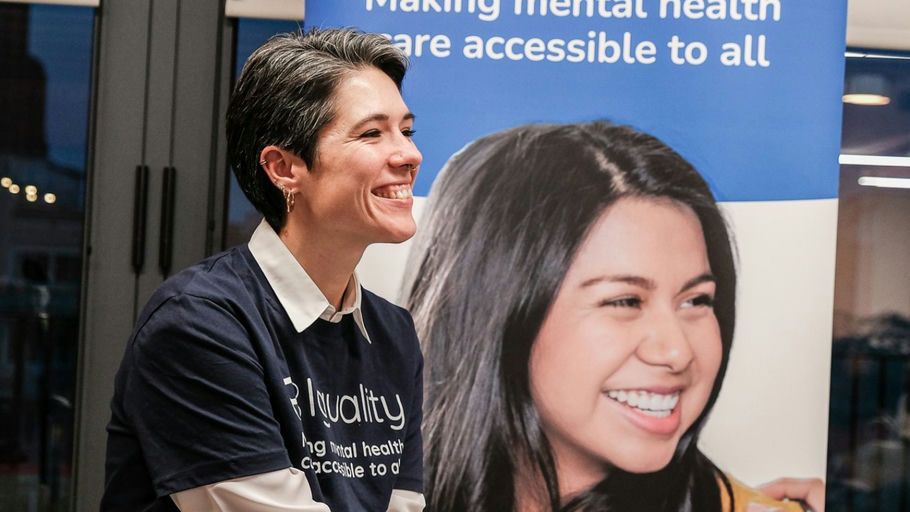
June 15, 2025
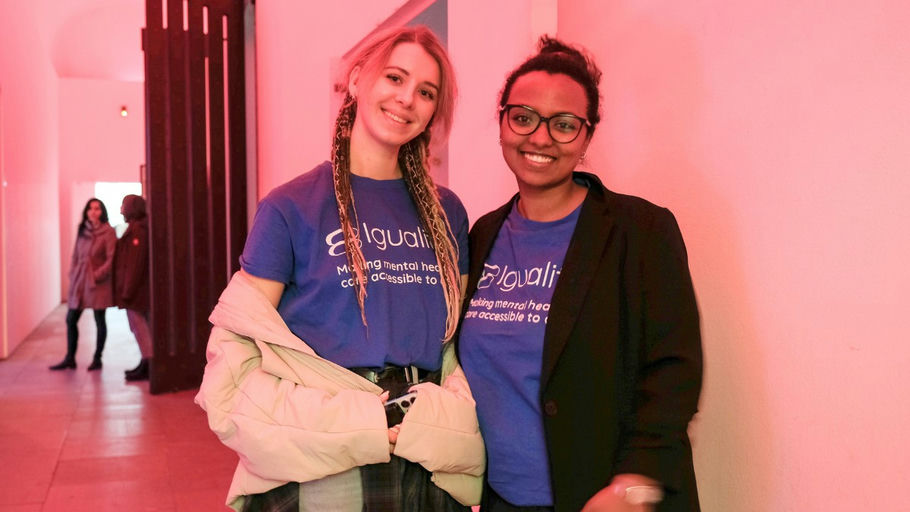
July 1, 2025

March 7, 2024
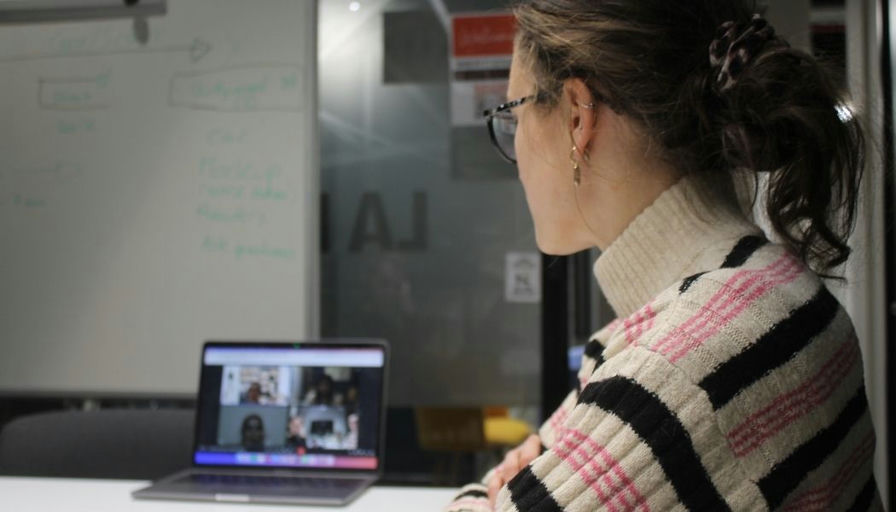
November 11, 2024

March 15, 2024

October 9, 2024
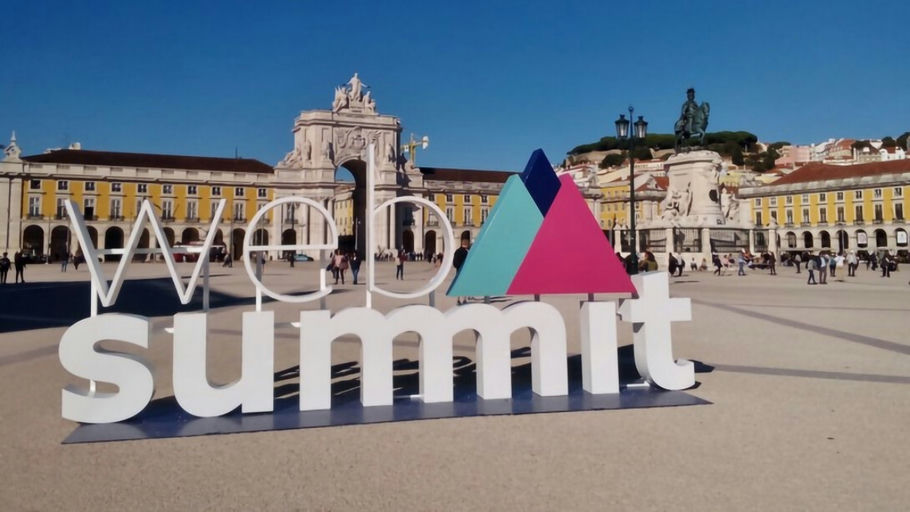
November 12, 2024
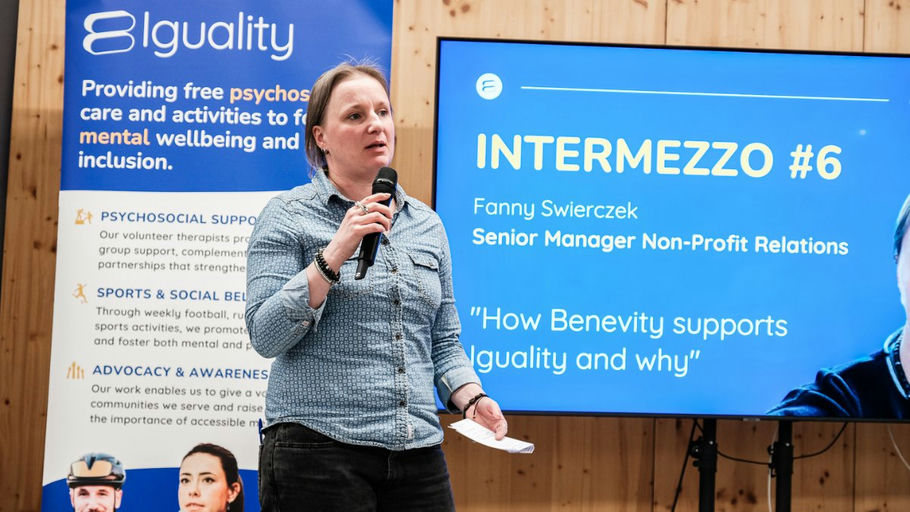
April 23, 2025